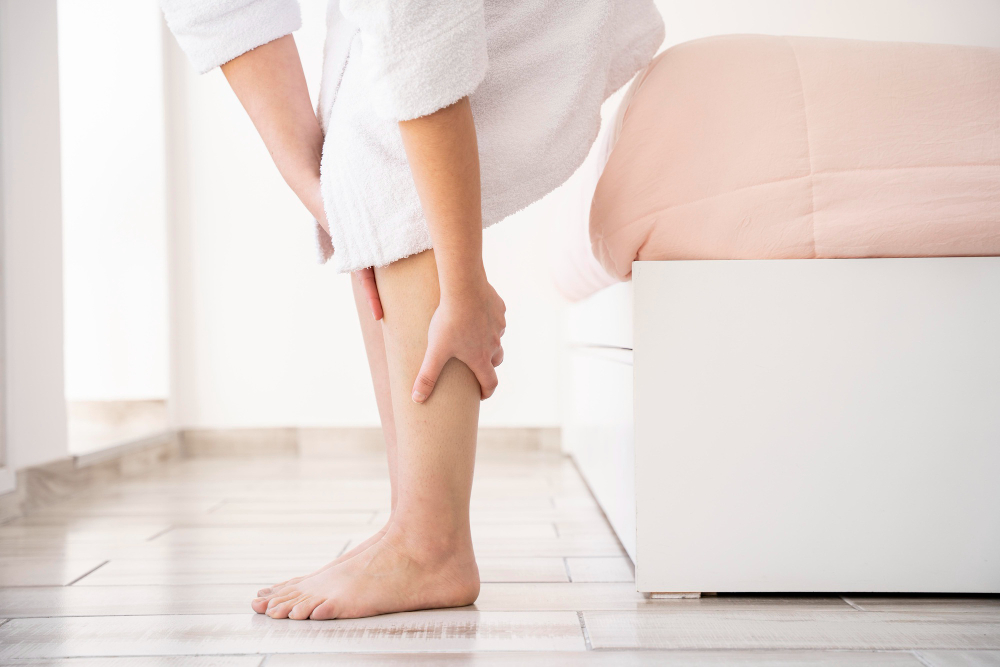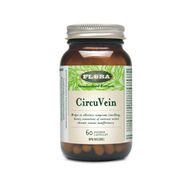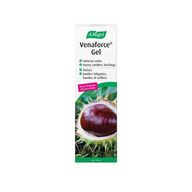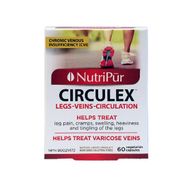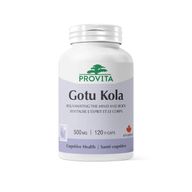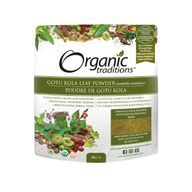Herbal Treatments for Varicose Veins
Varicose veins are a common condition that affects many individuals, causing discomfort and aesthetic concerns. While medical treatments exist, incorporating natural remedies, such as herbs, into your lifestyle can provide valuable support. In this article, we will explore three herbs known for their potential benefits in managing varicose veins.
What is Varicose Veins?
Varicose veins are enlarged, twisted veins that commonly occur in the legs and feet. They develop when the valves within the veins, which are responsible for ensuring blood flows in the right direction, become weakened or damaged. This causes blood to pool or flow backward, resulting in the dilation and distortion of the affected veins.
Several factors can contribute to the development of varicose veins, including:
1. Gender: Women are more likely to develop varicose veins compared to men.
2. Prolonged standing or sitting: Occupations that involve long periods of standing or sitting without movement can impair proper blood circulation and contribute to the development of varicose veins.
3. Obesity: Excess weight puts additional pressure on the veins, making them more susceptible to valve damage and vein enlargement.
Herbs for Varicose Veins
1. Horse Chestnut
Horse chestnut has been extensively studied for its positive effects on venous health. Its active compound, aescin, helps strengthen blood vessel walls, improve circulation, and reduce inflammation. Horse chestnut extract is available in various forms, including creams, capsules, and gels, which can be applied topically or taken orally for potential relief from varicose vein symptoms.
A systematic review conducted in 2012, which analyzed 17 studies, indicated that horse chestnut seed extract may improve symptoms of chronic venous insufficiency (CVI). One study included in the review suggested that horse chestnut seed extract could be as effective as wearing compression stockings.
2. Butcher's broom (Ruscus aculeatus)
Butcher's broom has a long history of traditional use for venous insufficiency. It contains compounds called ruscogenins that may help reduce inflammation, strengthen blood vessels, and promote better blood flow. The potential benefits of this herb extend to reducing swelling and discomfort associated with varicose veins.
A clinical trial in 2002 evaluated the efficacy and safety of a ruscus extract in the treatment of chronic venous insufficiency. The results showed significant differences between the ruscus extract group and the placebo group in terms of leg volume changes, ankle and leg circumference changes, subjective symptom improvements, and overall efficacy. It was concluded that ruscus extract, when taken in the recommended daily dosage, is a safe and effective treatment for chronic venous insufficiency.
3. Gotu Kola (Centella asiatica)
Gotu kola is an herb known for its rejuvenating properties and potential benefits for vascular health. It contains triterpenoids that may enhance collagen production, improve blood circulation, and support the integrity of blood vessel walls.
Gotu kola contains a chemical called triterpenic fraction of Centella asiatica (TTFCA), which has shown particular benefits for varicose veins. TTFCA stimulates the production of collagen and elastin, essential connective tissues that help strengthen the internal lining and walls of veins.
Conclusion
Several herbs have demonstrated properties that may support vein health; however, it is important to note that individual responses to herbal treatments can vary, and it is advisable to consult healthcare professionals before starting any new treatment regimen.
Lifestyle changes should also be considered for improving vein health. Engaging in regular physical activity, maintaining a healthy weight, avoiding prolonged sitting or standing, and elevating the legs can help alleviate symptoms and prevent the progression of varicose veins.
References:
Pittler, M. H., & Ernst, E. (2012). Horse chestnut seed extract for chronic venous insufficiency. The Cochrane database of systematic reviews, 11(11), CD003230. https://doi.org/10.1002/14651858.CD003230.pub4
Vanscheidt, W., Jost, V., Wolna, P., Lücker, P. W., Müller, A., Theurer, C., Patz, B., & Grützner, K. I. (2002). Efficacy and safety of a Butcher's broom preparation (Ruscus aculeatus L. extract) compared to placebo in patients suffering from chronic venous insufficiency. Arzneimittel-Forschung, 52(4), 243–250. https://doi.org/10.1055/s-0031-1299887
Gohil, K. J., Patel, J. A., & Gajjar, A. K. (2010). Pharmacological Review on Centella asiatica: A Potential Herbal Cure-all. Indian journal of pharmaceutical sciences, 72(5), 546–556. https://doi.org/10.4103/0250-474X.78519
